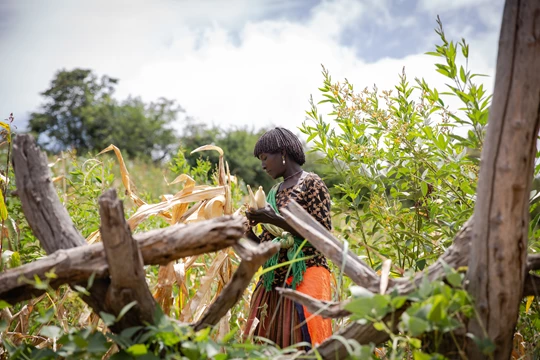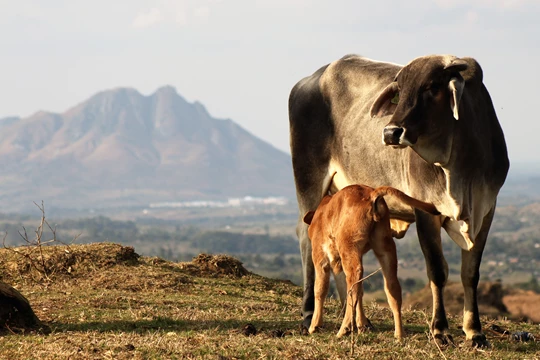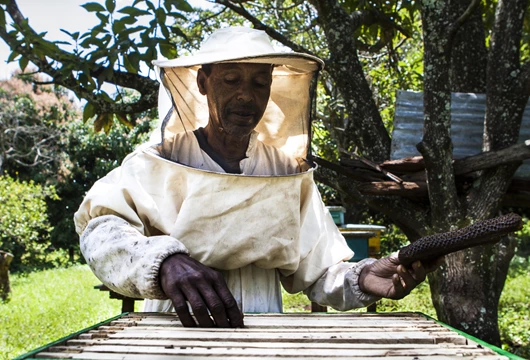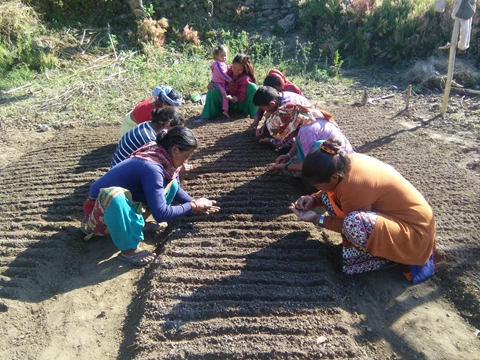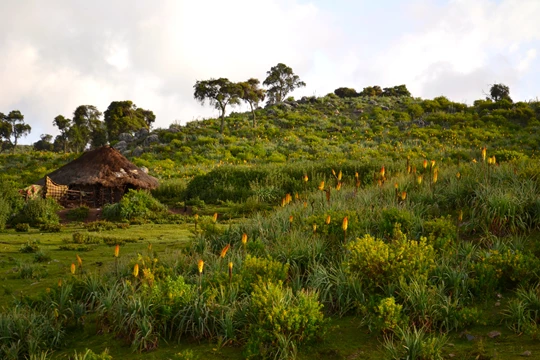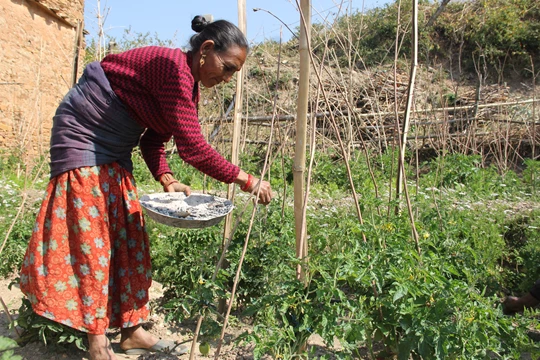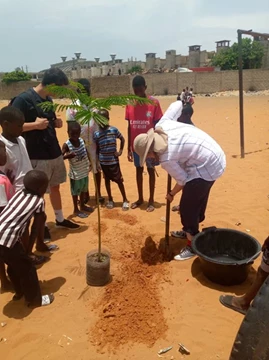About the Event
This 2-day in-person event aims to bring together people, ideas, and organisations to improve the design, delivery, and impact evaluation of integrated wildlife conservation, climate change mitigation, and rural development projects globally. We aim to facilitate discussion around the opportunities and challenges at this contemporary interface.
This event is open to general registrants, who can purchase tickets to attend, and also to those wishing to submit an abstract to present at the conference.
Click here to book your place at the conference
Travel and Bursaries
A limited number of travel bursaries are available to contribute towards costs for delegates attending the conference from small-to-medium-sized organisations registered in the "Global South," and particularly attendees from JOA’s focal countries: Ethiopia, Malawi, Nepal, Rwanda, Sierra Leone, and Zambia.
Travel to and from the conference will be offset through a financial contribution to ReWild Carbon to ensure event sustainability. Don't miss this opportunity to connect with people, ideas, and organisations working in conservation and rural development.
Click here for more information about applying for travel bursaries
Present at the Conference
We are still accepting applications from those who wish to present at the conference and invite potential speakers to submit an abstract. Presenting at this conference will enable you to connect with others working in the field, showcase relevant research, inspire connections, and influence current conservation and development work, so please apply!
To apply to present, please fill in the call for Abstracts form
Presentations should be 5- or 15-minutes and align with the themes of the conference which are listed below:
When conservation is a livelihood: Projects rooted in conservation, protecting species, habitats, precious natural resources, and ecosystem services, and that support the flourishing of life (these could be interdisciplinary projects uniting science, arts, technology, communication, etc.).
Farming futures: Projects, initiatives, or technologies that seek to strengthen agriculture production and/or value chains with both poverty alleviation and conservation/climate goals.
Off-farm futures: Projects, initiatives, or technologies that seek to strengthen off-farm production and/or value chains (NTFP, eco-tourism, and skill- and service-based businesses) with both poverty alleviation and conservation/climate goals.
From conflict to coexistence: Projects, initiatives, and technologies that aim to prevent human-wildlife conflict and protect livelihoods.
Truly local leadership: How integrated conservation and development projects can be truly locally led and exploring whether current funding mechanisms are equipped to help realise this, and if not, how they could be improved. Projects and initiatives that bring local and Indigenous ecological and cultural knowledge in design, implementation, and evaluation to the foreground.
Legal challenges in conservation and development: Protected area governance, legal protection of indigenous tenure and customary land-use rights, etc.
Health and WASH (water, sanitation, and hygiene): Projects working at the health (particularly freshwater access), poverty, and environment nexus.
Sexual and reproductive health: Projects looking at access to reproductive health as a means to provide people with greater autonomy over their livelihoods.
Funding the future: Donor approaches to funding interdisciplinary projects, understanding how donorship could be improved to support project success, green-financing initiatives, payments for ecosystem services, carbon capture, and credit schemes.
Impact evaluation: Methods and challenges of evaluating the impact of initiatives at the intersection of biodiversity conservation, climate action, and rural development.



